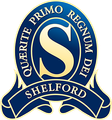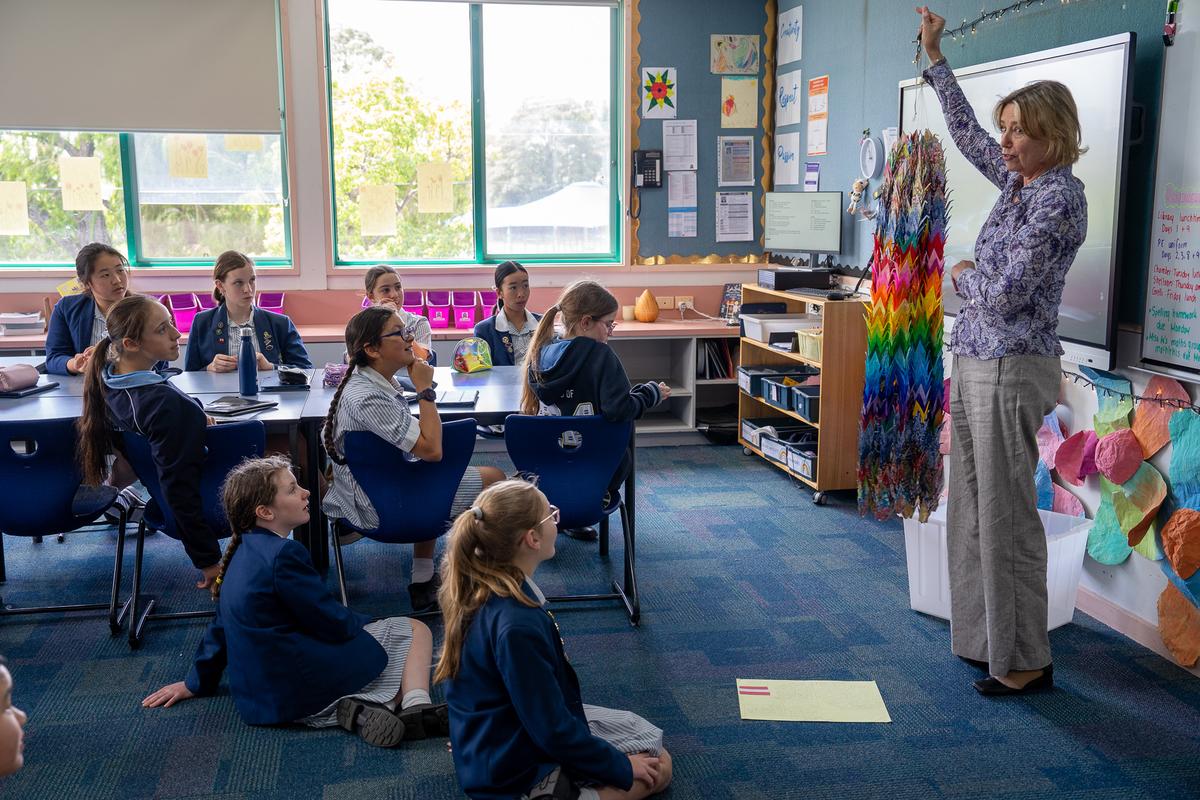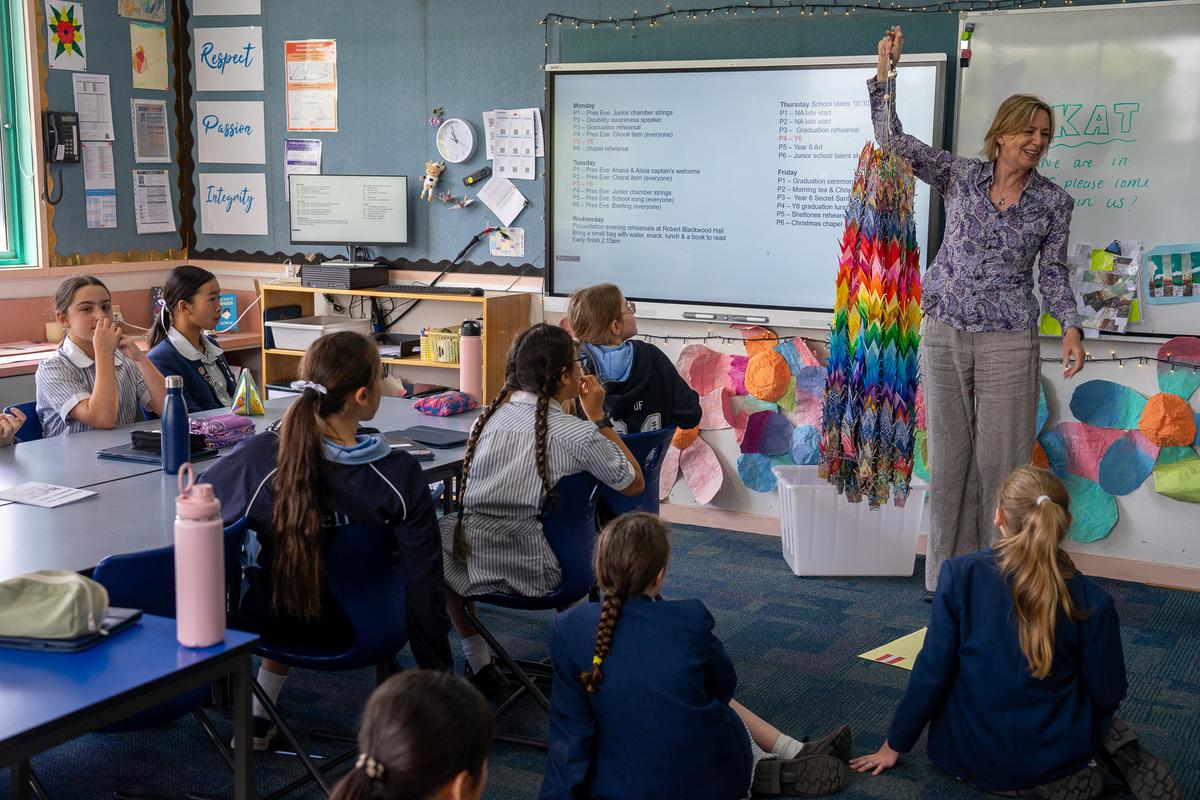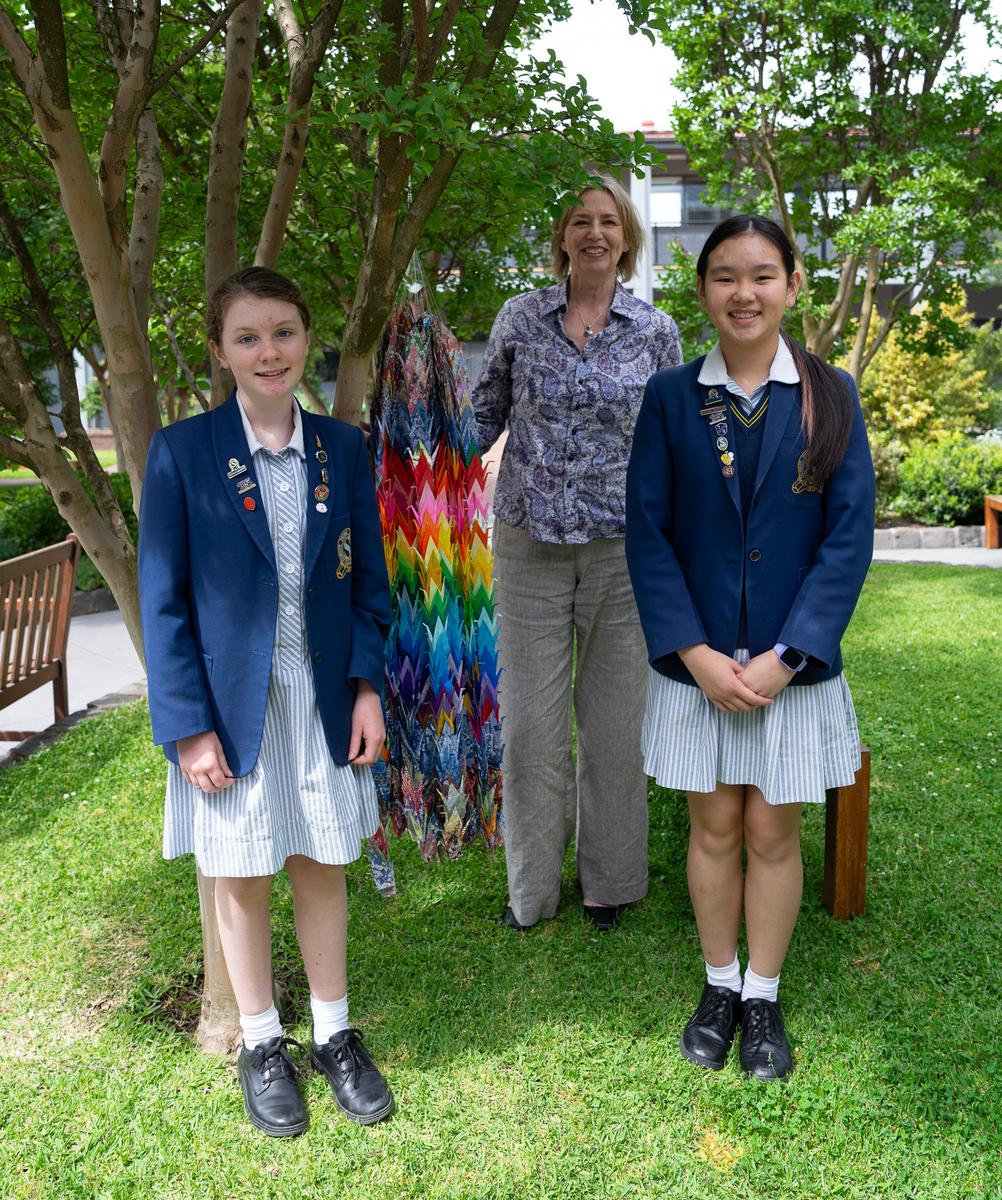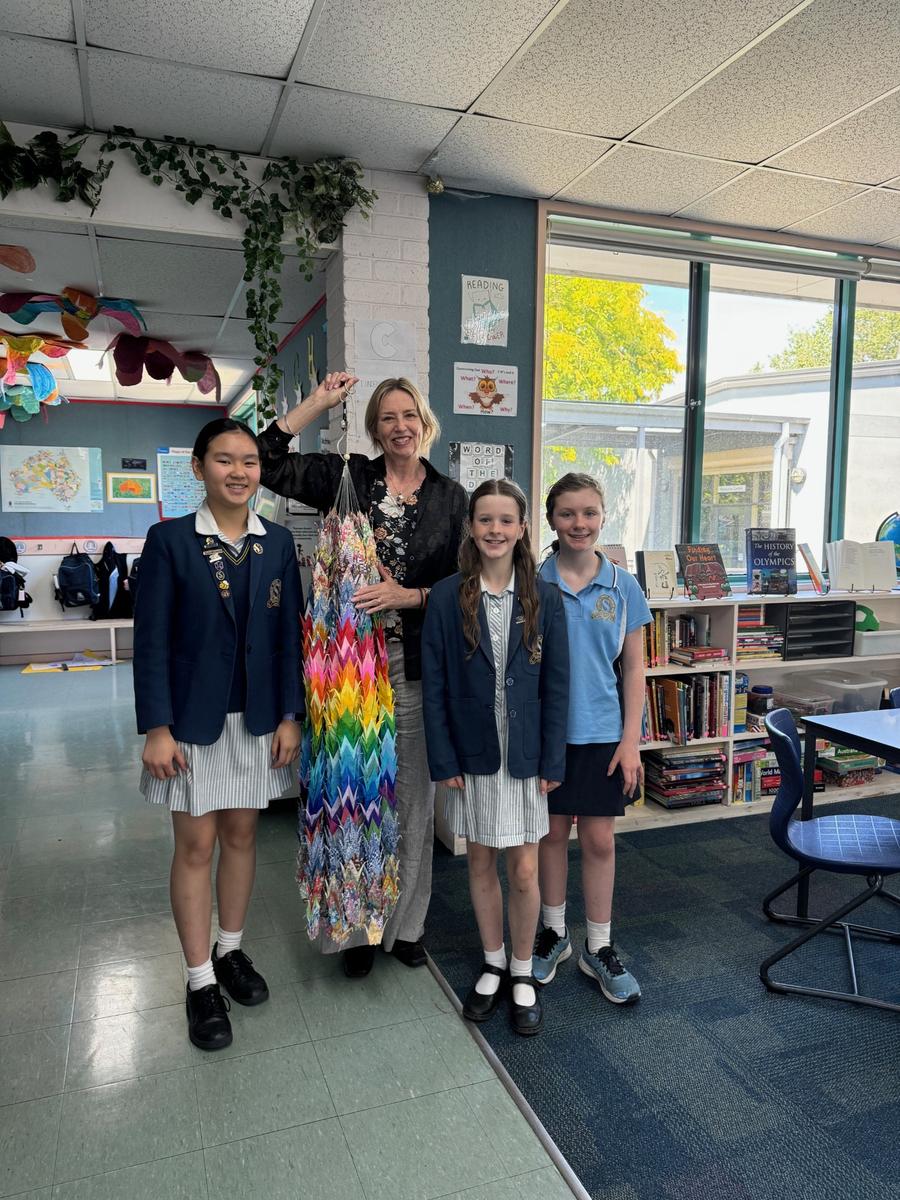Languages Update
Shelford Girls' Grammar 1000 Cranes for Peace
At the end of last year, we began our Shelford Girls' Grammar 1000 Cranes for Peace project, and finally after a year of folding, folding and more folding, we completed our 1000 cranes.
There has been a legend in Japan for a long time that if you made 1000 origami cranes, you would have good luck, and your wish would be granted. But it wasn’t until quite recently that it became a way to pray for peace. It started with a young girl called Sadako who was 2 when the atomic bomb was dropped on Hiroshima at the end of World War 2. She lived a happy normal life until she was 12, when she developed leukemia. She was one of many people who survived the initial blast, but who were affected by the radiation poisoning from the fallout. She began folding 1000 cranes in her hospital bed, and after she died, the children from her school started a fundraising campaign which spread across Japan. In 1958 a statue called “Atomic Bomb Children”, with Sadako at the top holding a crane, was unveiled in the Hiroshima Peace Park in 1958. People began folding 1000 cranes and sending them to the Peace Park in to pray for peace. The movement gained momentum and now 10 million cranes are folded and sent to the Peace Park every year.
As I was smoothing the cranes and preparing them, I noticed that each crane was different, despite them all coming from a standard piece of origami paper. So many people contributed in big and small ways, and this was truly a community effort. Pople went out and bought beautiful paper for their cranes, and special thanks go to our Year 6 super folders Emma H, Grace N and Juliana H, to the parliamentarians and to Miss Ashwell and Miss Li for their folding support.
When I was putting the Senbazuru together, 1000 times I picked up a crane and as I admired its unique beauty, I thought about some of the people I’ve met here at Shelford who will always be precious to me. I’m sure you all have people like that too. I000 times I was grateful for the connections I’ve made here, and for the diversity and generosity of this community.
1000 times I held a crane in my hand, and I thought not just about the person who folded the crane in front of me, but of all of us who are leaving Shelford. 1000 times I wished us all well on our forward journeys.
As I placed each crane onto its string, 1000 times I thought about war and the devastation it wreaks. 1000 times, with sorrow in my heart, but also hope, I sincerely prayed for a peaceful world in which we will be able to raise our children and care for our loved ones without fear.
This Shelford Girls' Grammar Senbazuru will be sent off to Hiroshima to join all the other Senbazuru in the Peace Park. We send it with immense gratitude and great hopes for a positive future.
Julie Devine
Head of Languages
Languages Update
